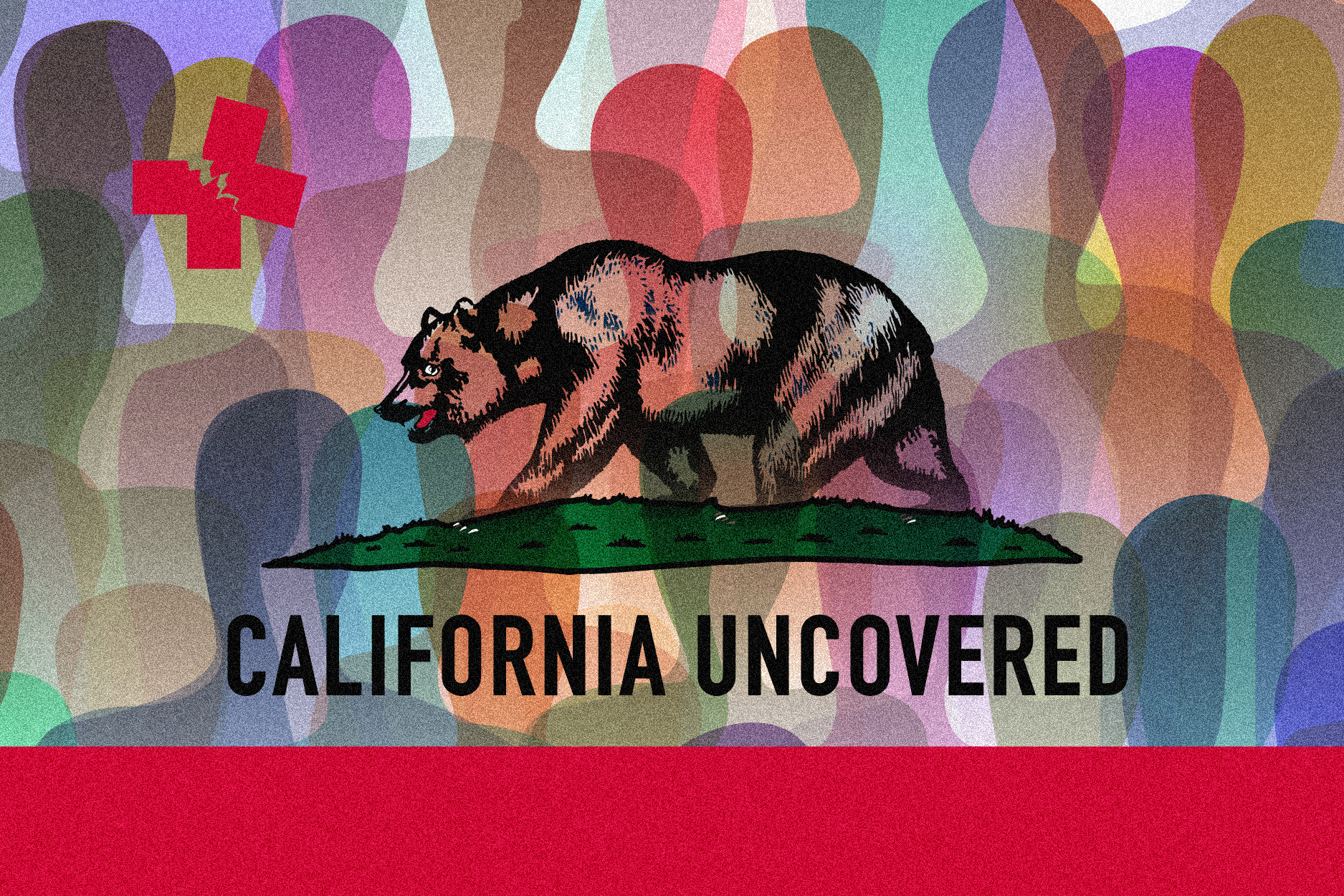We are in the living room of our small home in East Los Angeles when an immigration agent takes me away.
That’s the dream Quetzal, my 9-year-old daughter, describes to me in a near-whipser. I ask her to use her powerful voice, the one she uses to answer teachers’ questions at school. But I can barely hear her over the sound of Tzunuum, her 5-year-old sister, practicing piano in the next room.
In Quetzal’s dream, her sister is playing piano when there’s a heavy knock at the door. Tzunuum runs to open it, while Quetzal and I follow her to find a man on our porch who refuses to identify himself. Then, suddenly, I am gone, Quetzal says, and she and her sister are left crying.
I’ve been reporting on how the Trump administration’s aggressive immigration raids have shaken Los Angeles communities. I’ve covered the toll they are taking on the physical and mental health of Latinos, including on U.S. citizens like me and others who may be safe from deportation. I’ve shared with readers how my own anxiety and fears of immigration sweeps propelled my run across South Los Angeles in the hood half marathon.
During interviews with therapists, psychiatrists and community organizers that I conducted for columns over the last few months, I would mention my daughter’s nightmares and ask for advice. And I learned that Quetzal wasn’t alone in her fears.
In April, I brought up Quetzal’s nightmare during an interview with Satsuki Ina, a Japanese American psychotherapist who was born in the Tule Lake incarceration camp during World War II and works with patients on community trauma. Ina recommended that I encourage Quetzal to talk or write about her feelings and that I listen.
For months my wife and I encouraged Quetzal, but the more we mentioned it, the less she wanted to talk. She finally opened up in September, as we sat down together at our dining room table.
She told me it was ICE — Immigration and Customs Enforcement — that took me away, describing it as a “different version of police.” I hadn’t talked about specific immigration agencies with her and certainly hadn’t said who ICE was. In L.A., police aren’t supposed to cooperate with immigration officials. But the two were the same in her mind.
“You ask who they are. But they don’t really tell you,” Quetzal said about the man on the porch in her dream. “They just took you away.”
“But how do you know I was taken away?” I asked my daughter.
“Maybe I went for a run,” I suggested.
“Because you wouldn’t leave us there,” she said.
At this point Quetzal’s voice got quieter and softer again. In her dream, she tells me, her little sister was crying because I am gone.
“I was crying too,” she said.
As we talk, I ask Quetzal if she wants to hold my hand. She reaches across the table. Then she gets up, walks over to me and sits on my lap. She lays her head on my chest. She remains still, quiet and starts to cry. As I hold her, I remind her I am right here. I think of the advice the professionals gave me. Ina suggested I encourage Quetzal to write about it. I ask Quetzal if she wants to write about her dreams, noting that writing helps me make sense of the world. But she doesn’t.
I consider what I’ve learned about thoughts from a Buddhist perspective as well as my own lessons from personal therapy.
“Touch the wall,” I suggested. “That’s real; dreams are not. Dreams are just dreams. Thoughts come and go and that’s OK.”
Latinos like us, native-born citizens, have been anxious about Donald Trump’s threats of mass deportation since his first term as president. My mother, an American citizen since 2001, carries with her a copy of her passport and has asked me to do the same.
When asked what she is, Quetzal will tell you, on her mother’s side, she’s Chumash, California’s Native people from the coast of Los Angeles and Ventura counties. She will also say she is Guatemalan; my mother was born and raised in Guatemala.
Her mother and I also call ourselves Chicana and Chicano, respectively. We were born here. My wife’s father is a Mexican-American Vietnam War veteran. Her great-grandparents came from Mexico. My father’s families come from generations who called New Mexico home under Spanish colonial rule, the Mexican Republic and the United States, the latecomers. My grandfather helped train tank divisions in California’s Mojave Desert in preparation for fighting in North Africa during World War II. Quetzal’s uncle — my brother-in-law — was stationed in Jordan with the U.S. Army Reserve during the Afghanistan War.
Despite our family’s history and contributions to this country, we remain, in the eyes of many, something less than fully American. This is an undercurrent in our family histories. My father’s family finished its arrival in Los Angeles after the Great Depression. This was a few years after nearly one-third of Los Angeles’ Mexican community, including many U.S. citizens, was deported or “repatriated.” But our history and heritage, a point of pride for generations, has, again, made us a target of federal immigration agents who now have license to round up anyone based on how they look, the language they speak or where they work.
It’s no wonder my daughter feels our family is threatened. To quote Supreme Court Justice Sonia Sotomayor’s dissent following the Supreme Court’s decision last month allowing federal agents to resume roving patrols in Southern California: “We should not have to live in a country where the Government can seize anyone who looks Latino, speaks Spanish, and appears to work a low wage job.”
Erica Lubliner, a psychiatrist at UCLA whom I interviewed in July, told me that in the context of daily immigration raids, my daughter’s feelings are normal.
Quetzal’s nightmares were likely her subconscious processing what she is hearing and seeing, Lubliner said. Children can sense their parents’ stress and pick up on bits and pieces from overheard conversations, snippets of the news or comments from peers at school, she added.
After Trump was elected to a second term, some students at Quetzal’s school began telling classmates, teachers and staff their family plans to reunite in Mexico if a parent was deported.
As a freelance journalist I juggle my writing with other jobs, including teaching in the Department of Chicana and Chicano studies at a local university. But facing this existential threat to my family and community, I took the unusual step of adding another job: As a volunteer working to protect immigrants and Latinos.
In June, I began volunteering with local rapid response and neighborhood defense groups that have sprung up to help document immigration raids in Los Angeles. I spent the last day of the Fourth of July weekend seated on the entrance steps of a church in Boyle Heights. White vans had been spotted in the neighborhood, and parishioners were afraid immigration agents might arrive and detain people during Sunday service. Thankfully, nothing occurred that afternoon, but I was there to warn parishioners without interfering.
Whenever I was needed in the evening, I would tell my daughters I had to go help friends. In the morning, I would explain what I did — like monitoring street traffic to warn school officials and families if immigration agents were seen near a high school graduation in East Los Angeles. At first Quetzal got mad that I didn’t tell her at night, but I explained I didn’t want her to worry.
A few days after the Fourth of July weekend, we left home early to take Quetzal to her summer art camp. She asked why we were leaving 30 minutes early. Then Quetzal noticed I didn’t drive directly to her camp. Instead, we drove around the neighborhood patrolling for suspicious government vehicles or other signs of any raids. We circled the neighborhood, driving in and out of side streets and major boulevards. I told her we were making sure the neighborhood — including her camp and friends — was safe from immigration officials.
Still, in our conversations I worry I’ve triggered a sense of dread and alarm in Quetzal. I want to understand her feelings, her dreams and her fears. I want to help my daughter, my family as well as other fathers, mothers and children experiencing this stress and worry.
I know immigration rights advocates who warned their children that their home could be raided. My friend told me her son asked if ICE would barge into his church or school. But when talking with Quetzal about her nightmares, I remember what the mental health professionals told me.
So I remind her that we — she, I, her sister and mother — are all safe. I tell her I am sorry she had this dream.
But my words of reassurance feel woefully inadequate at a time when even a Supreme Court justice has voiced fears of people like us being taken away by federal agents for being Latino or speaking Spanish. No one, whether a child or parent, immigrant or natural-born citizen, should have to live in fear of being separated from the people they love most.
Copyright 2025 Capital & Main
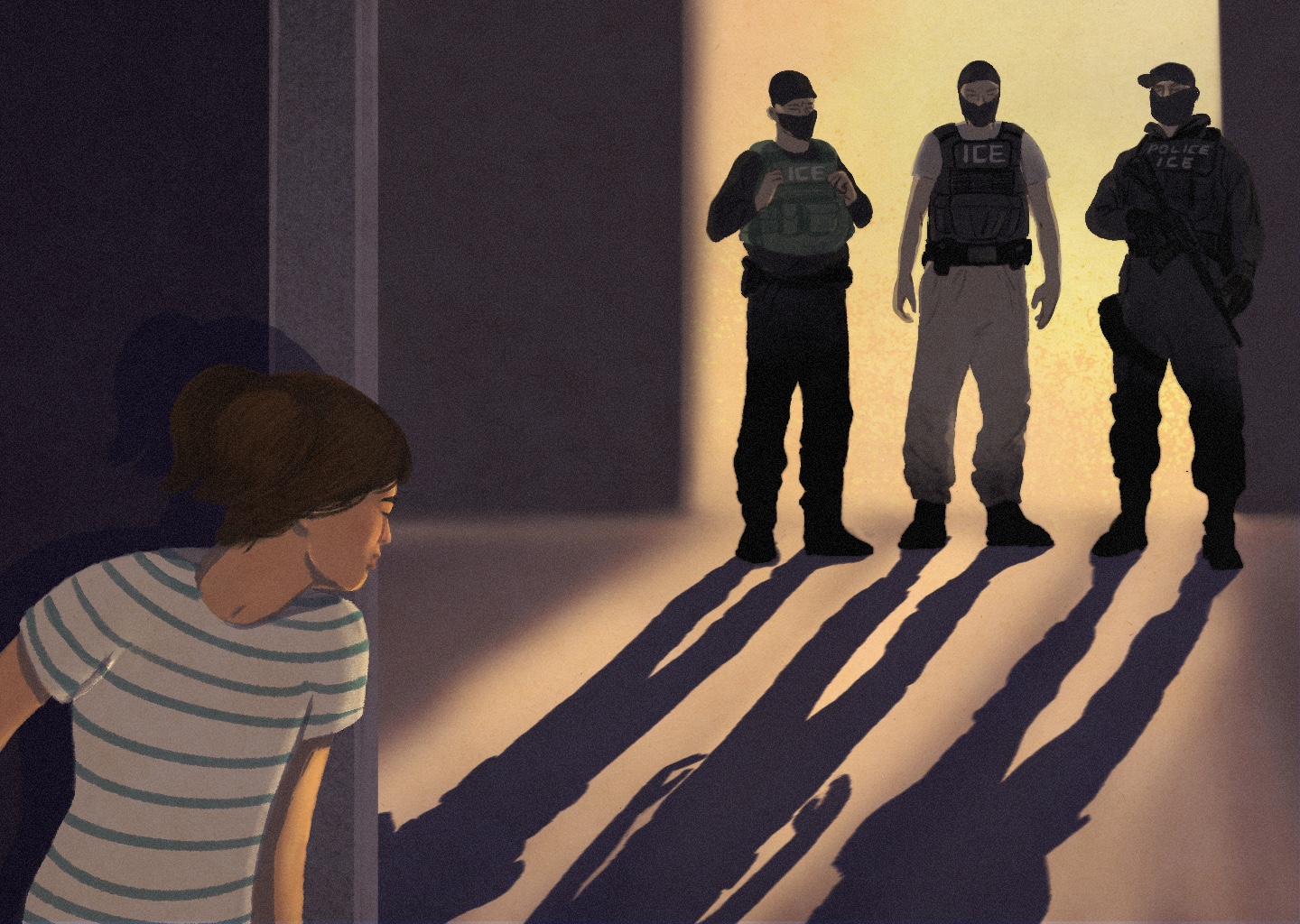
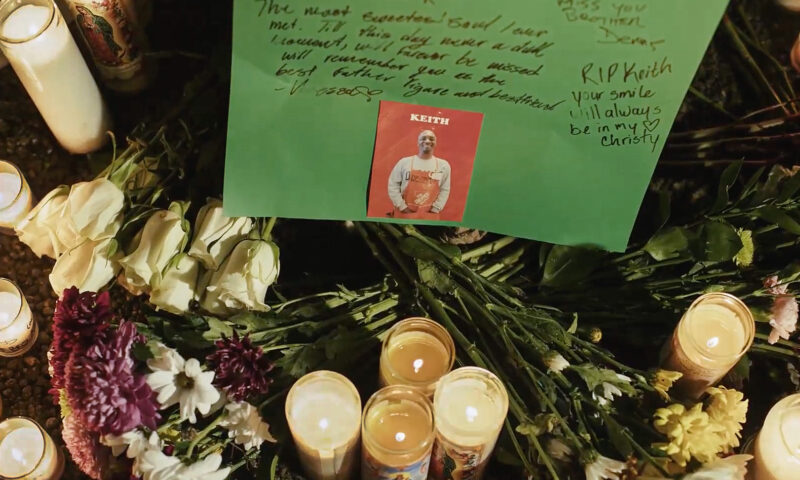
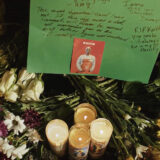 Latest NewsJanuary 8, 2026
Latest NewsJanuary 8, 2026
 The SlickJanuary 12, 2026
The SlickJanuary 12, 2026
 Pain & ProfitJanuary 7, 2026
Pain & ProfitJanuary 7, 2026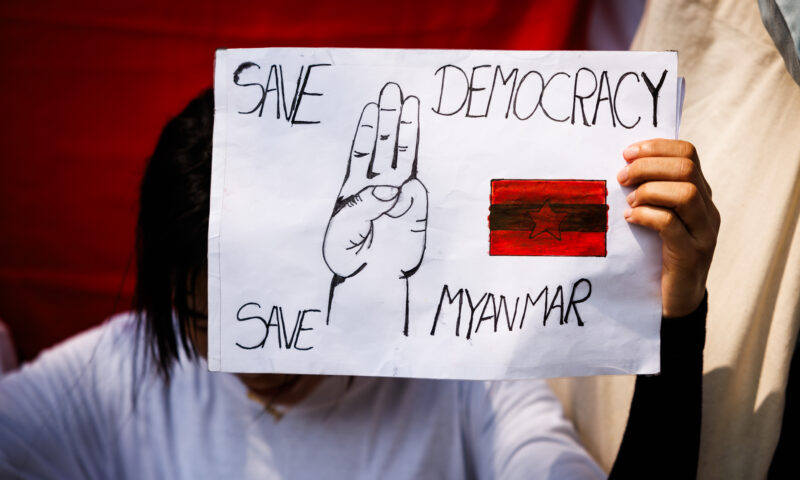
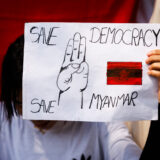 Latest NewsJanuary 6, 2026
Latest NewsJanuary 6, 2026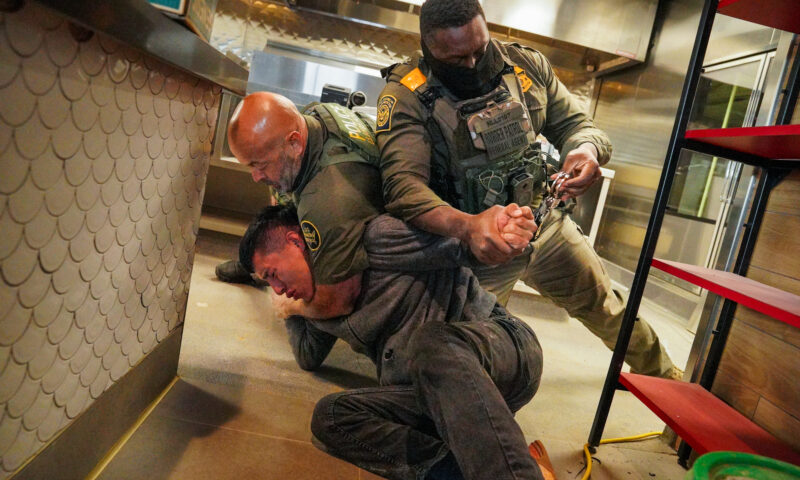
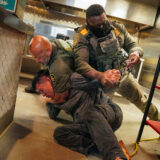 Latest NewsJanuary 13, 2026
Latest NewsJanuary 13, 2026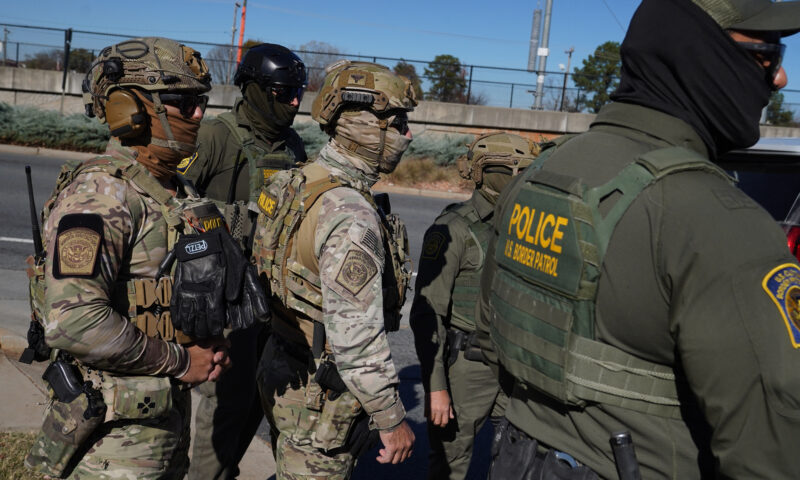
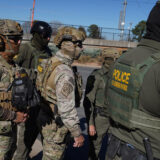 Column - State of InequalityJanuary 8, 2026
Column - State of InequalityJanuary 8, 2026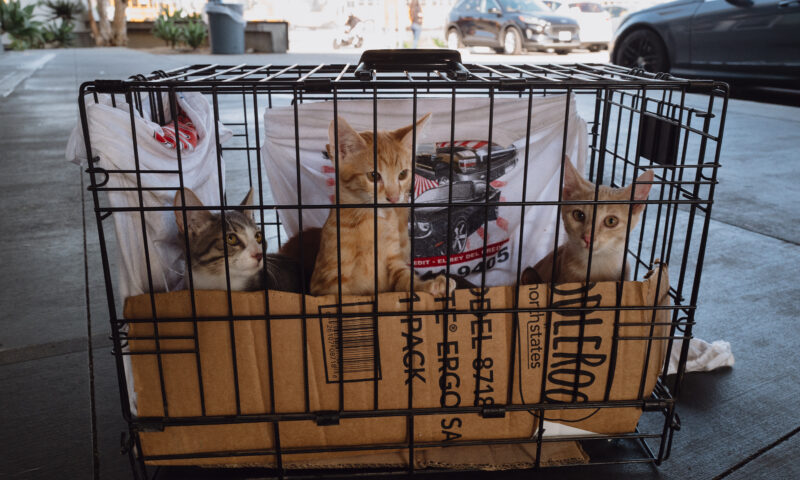
 Column - California UncoveredJanuary 14, 2026
Column - California UncoveredJanuary 14, 2026
 Latest NewsJanuary 16, 2026
Latest NewsJanuary 16, 2026

